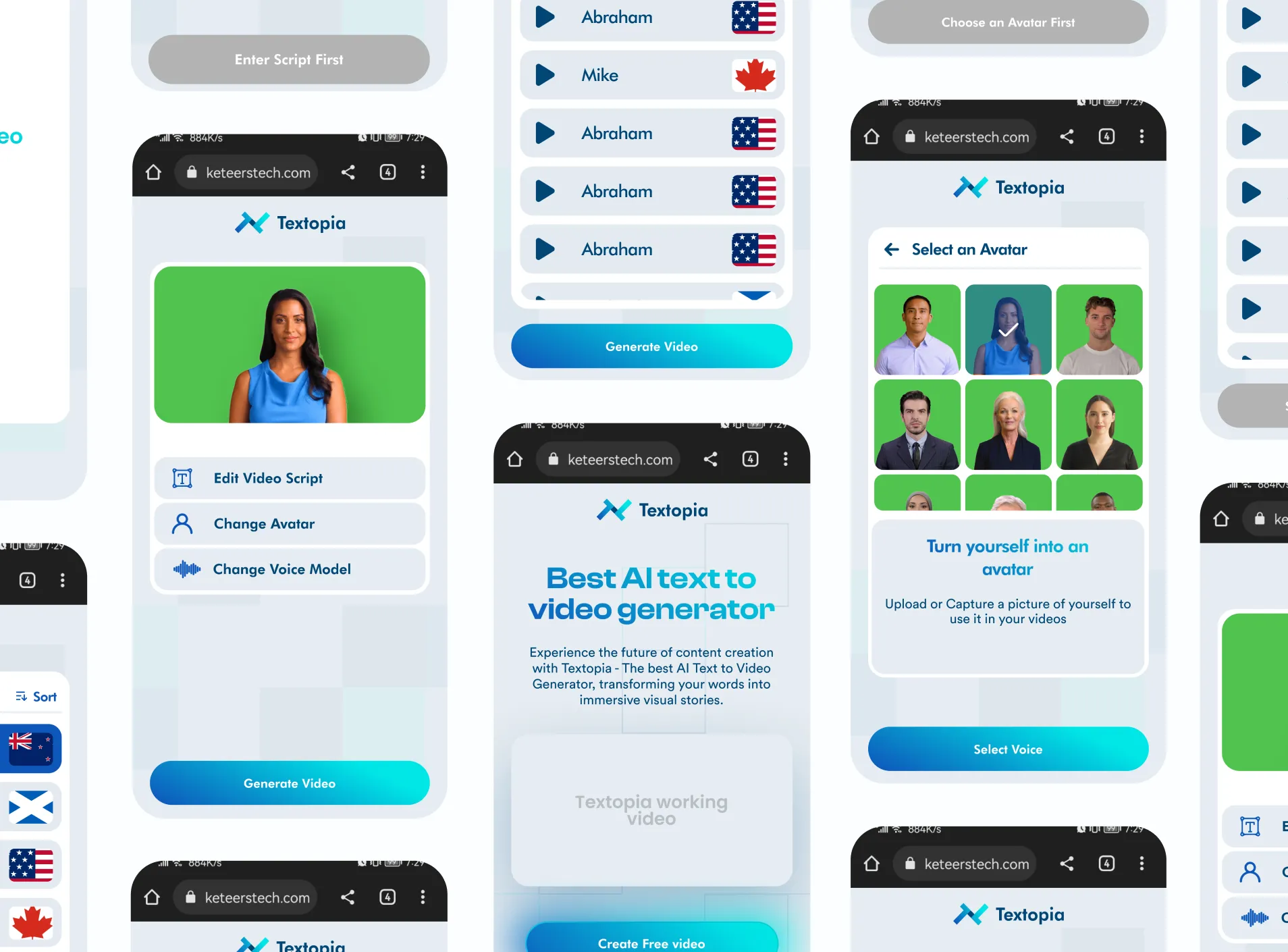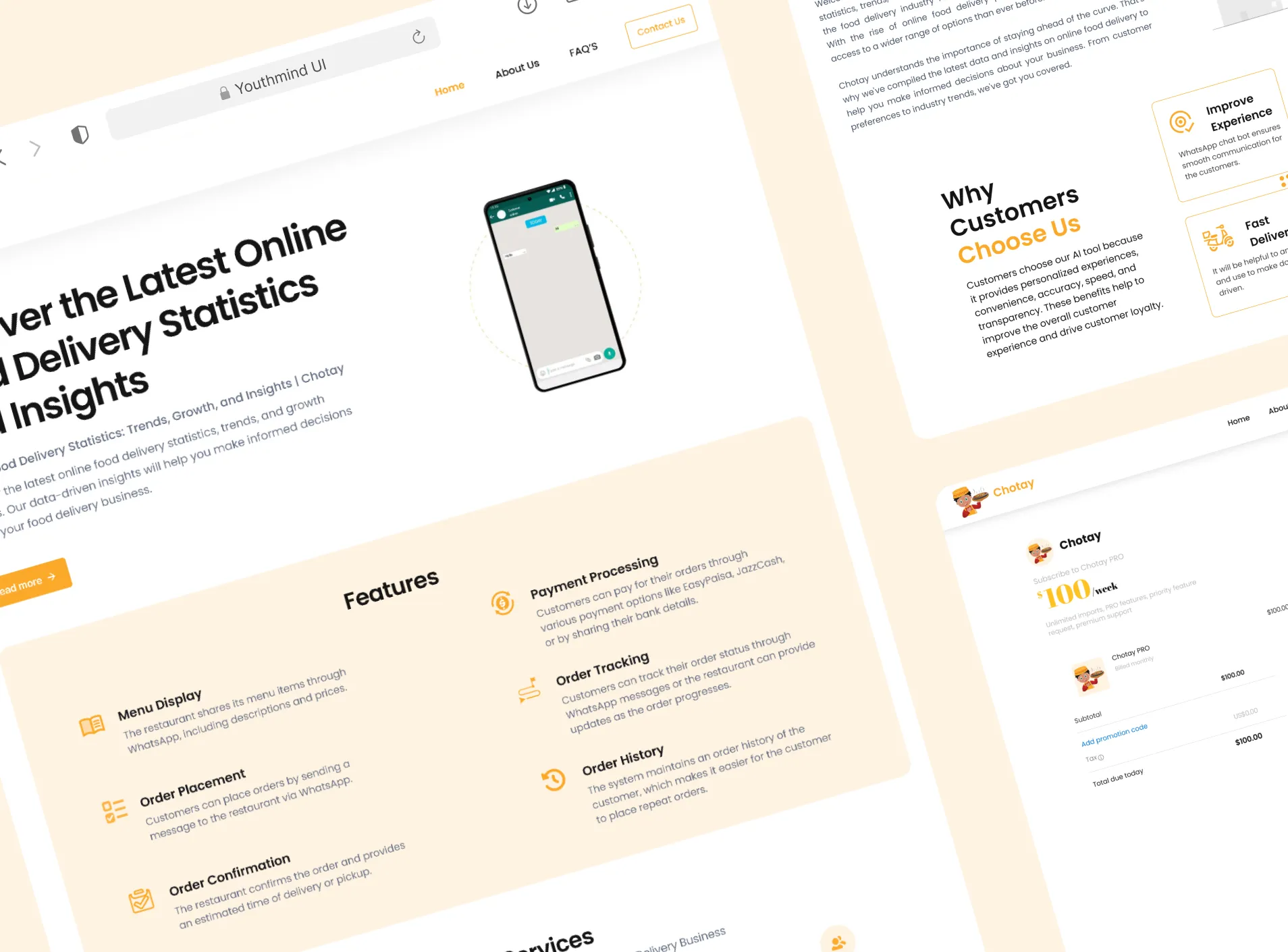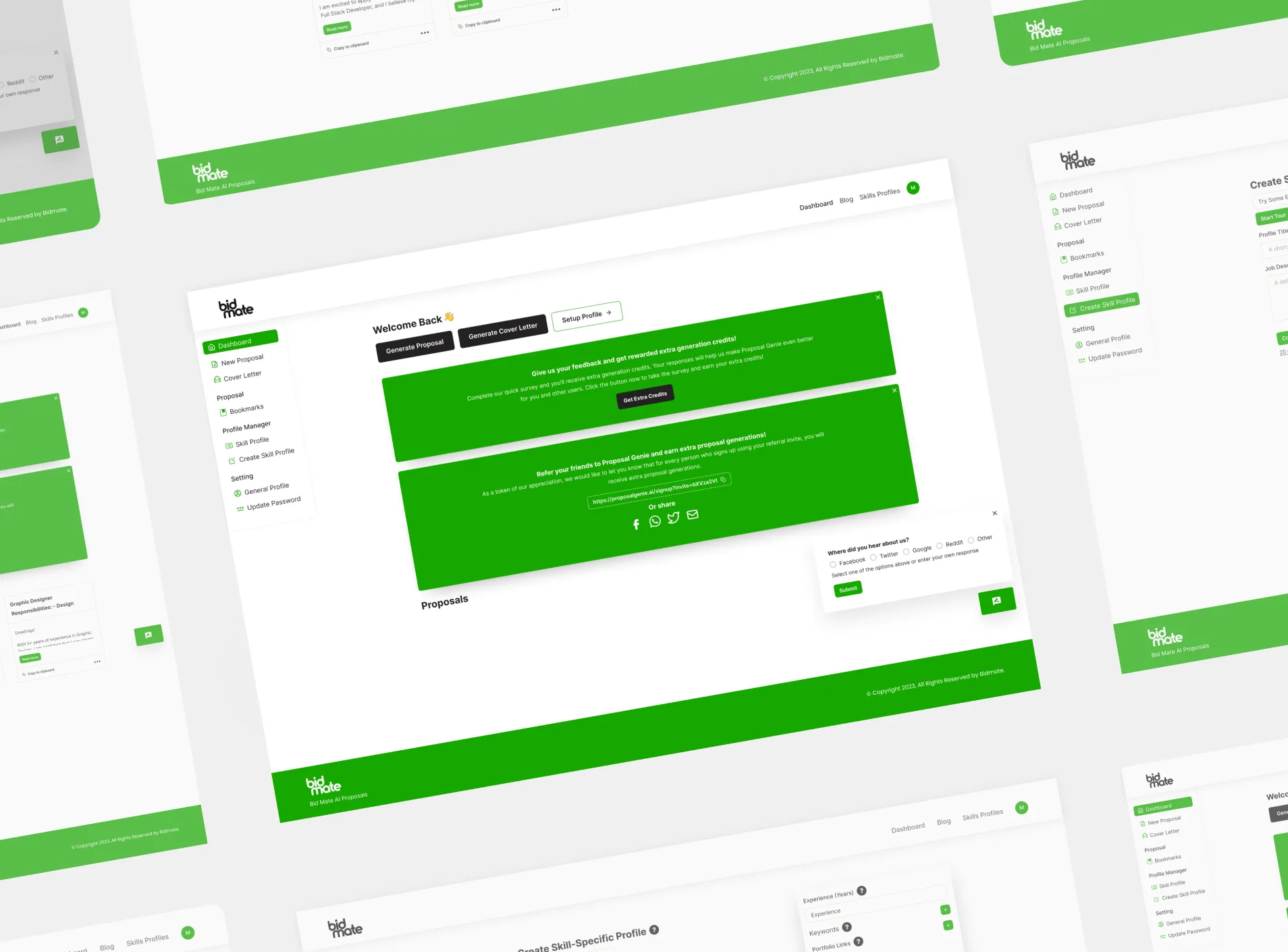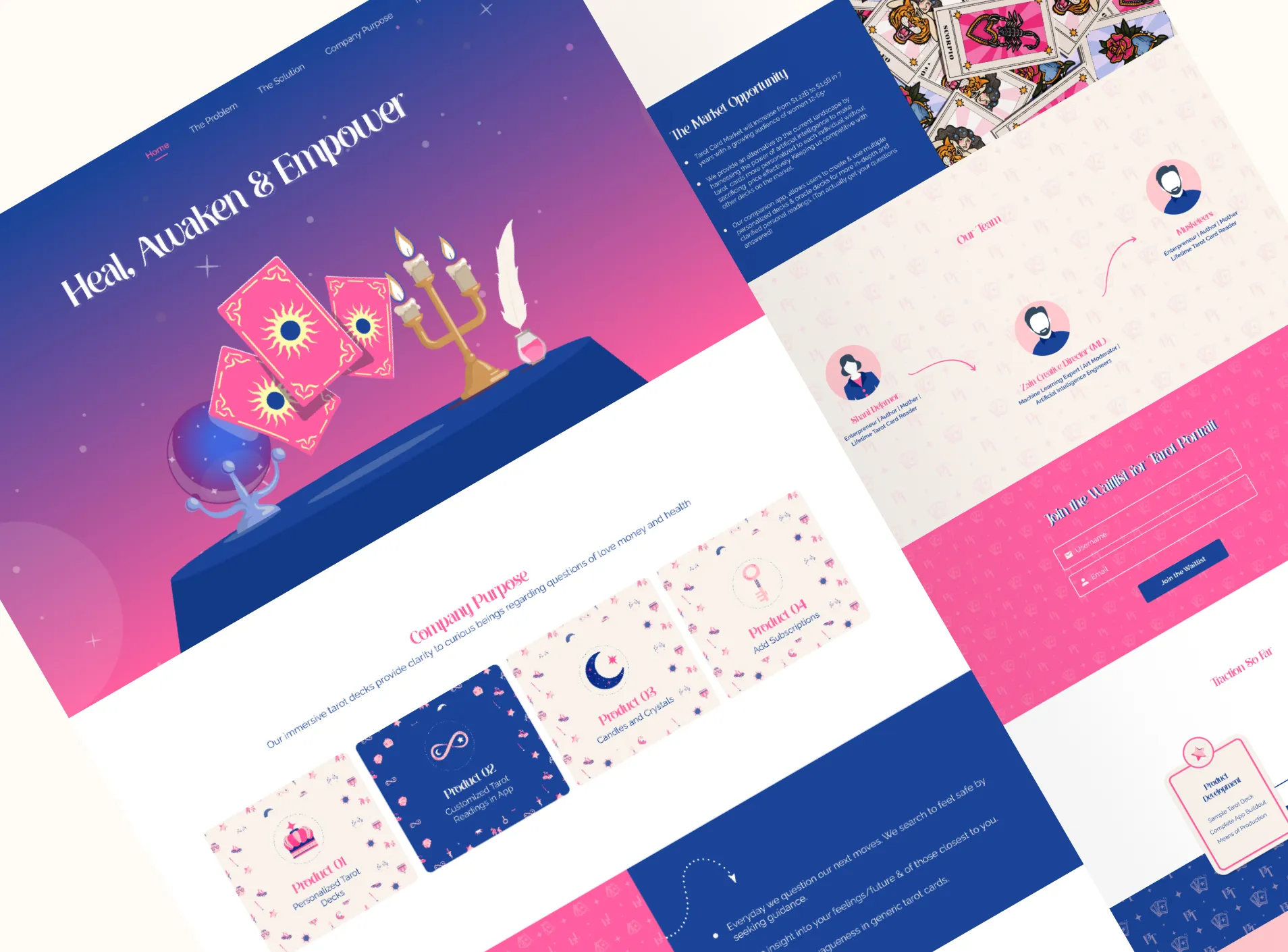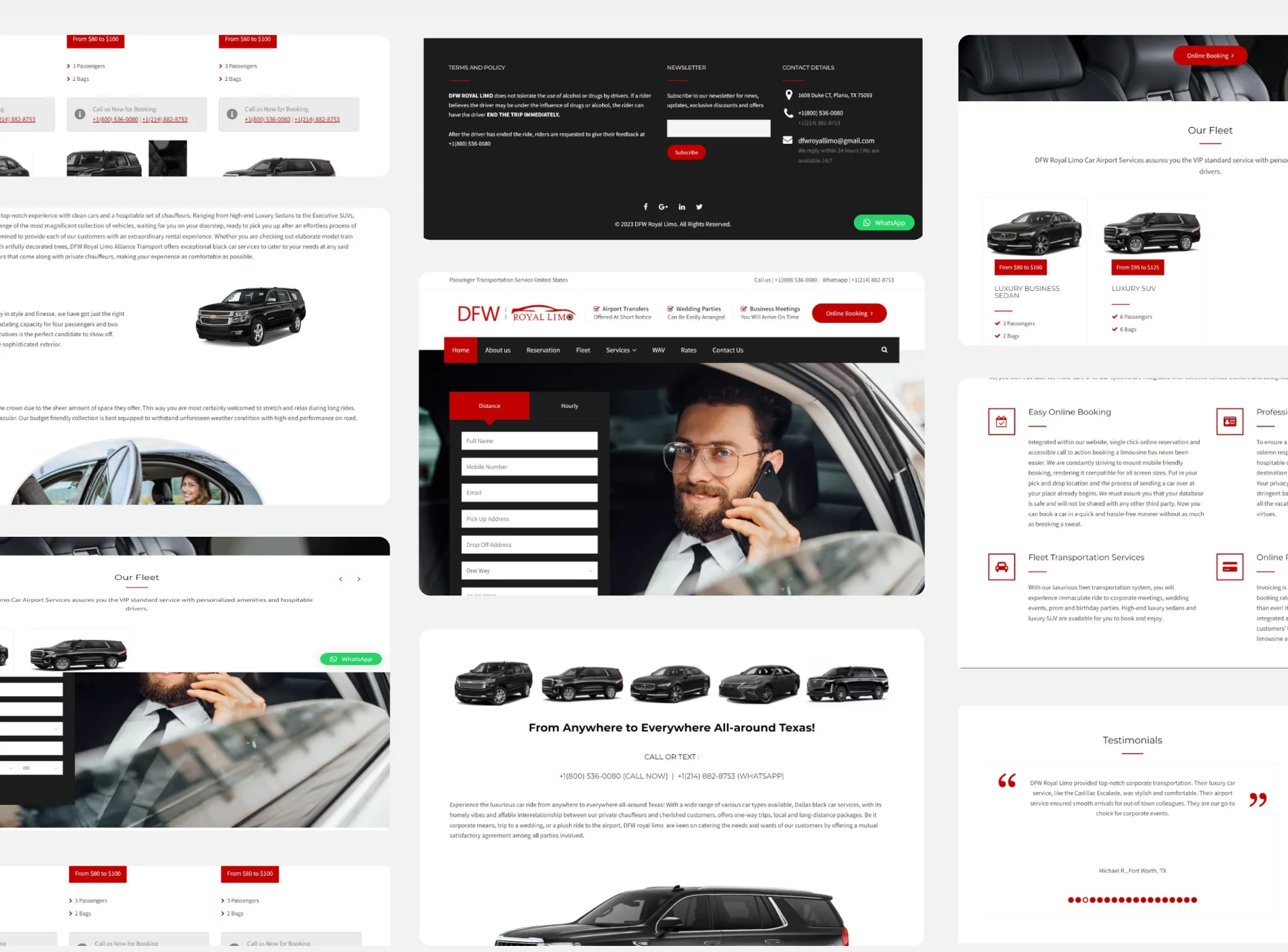
- 27 Mar, 2025
- Mobile Development
- Business
- By Musketeers Tech
9 Essential Mobile App Development Tips for Creating a Successful App
Mobile app development tips have become crucial knowledge for businesses looking to stand out in an increasingly competitive digital marketplace. With over 2.7 million apps in the Google Play Store and 2.2 million in the Apple App Store, creating a successful mobile application requires more than just a good idea—it demands strategic planning, user-centric design, and a deep understanding of market dynamics.
The mobile app industry has reached a critical inflection point. While billions of smartphone users worldwide spend 90% of their mobile time within apps, most users regularly engage with only 9 apps daily and 30 apps monthly. This reality means that countless applications sit unused, not because the technology is unavailable, but because they fail to deliver genuine value or don’t effectively reach their target audience.
What Makes Mobile App Development Tips Essential for Success?
Understanding mobile app development tips is the difference between creating an app that gains traction and one that gets lost in the crowd. The mobile application development landscape has evolved dramatically, with user expectations at an all-time high and attention spans shorter than ever. Successful apps intelligently combine market understanding, user needs, and product quality to deliver exceptional value, outstanding usability, and reliable performance.
The foundation of app success lies in mastering both customer-centric and business-centric elements. From a user perspective, this means delivering thoughtful design, intuitive interfaces, stable performance, and robust data protection. From a business standpoint, it requires focusing on customer retention, seamless payment integration, data security, and cost-effective maintenance. When these elements align, you create an application that not only attracts users but keeps them engaged long-term.
9 Proven Mobile App Development Tips for Building Successful Applications
1. Define and Validate Your Target Market
Before writing a single line of code, understanding who will use your application is paramount. Market validation determines whether your app idea solves a real problem that people are willing to pay for or engage with consistently. This research phase helps you assess commercial viability, identify where your target audience spends time, and understand their pain points deeply.
Start by creating detailed user personas that go beyond basic demographics. What challenges do they face daily? What solutions have they already tried? What would make them switch from their current solution to yours? Use surveys, interviews, and competitor analysis to gather insights. This groundwork prevents the costly mistake of building features nobody wants and ensures your development efforts focus on genuine user needs.

2. Deliver Clear Value with a Focused Solution
Every successful app addresses a specific problem for its target audience. Whether it’s entertainment value like Candy Crush providing stress relief during commutes, or productivity tools streamlining daily workflows, your app must offer compelling value that users can’t easily find elsewhere.
Define your unique value proposition early in the development process. What makes your solution different from existing alternatives? How does it save time, money, or effort? Why should someone download and continue using your app? Your value proposition should be clear enough to explain in a single sentence—if it’s not, you likely need to refine your concept.
3. Choose the Right Business Model and Monetization Strategy
Most app developers opt for advertising-based models, with video ads being one of the most popular revenue streams. However, your monetization strategy should align with your app’s purpose and user experience. In-app purchases, subscription models, freemium tiers, and sponsored content each have distinct advantages depending on your target market and app category.
Consider the user journey when implementing monetization. Aggressive advertising can drive users away, while well-timed premium features can increase revenue without compromising experience. Research shows that the most successful apps carefully balance user value with revenue generation, often using a combination of monetization methods rather than relying on a single approach.
4. Start with Core Features and Build an MVP
The temptation to include every possible feature in your initial release is strong, but restraint here often determines success or failure. A Minimum Viable Product (MVP) approach lets you launch faster, gather real user feedback, and validate assumptions before investing heavily in development.
Identify your app’s core functionality—the absolute essentials that deliver your value proposition. Everything else is a potential future enhancement. This focused approach not only reduces initial development costs but also creates a cleaner, more intuitive user experience. You can always add features based on user feedback and usage data, but you can’t easily remove complexity once it’s built in.
5. Select the Right Technology Stack
Your technology choices impact everything from development speed to scalability, maintenance costs, and user experience. Native development (Swift for iOS, Kotlin for Android) offers the best performance and full access to device features but requires maintaining separate codebases. Cross-platform frameworks like React Native or Flutter enable faster development with a single codebase while still delivering near-native performance.
Consider your team’s expertise, budget constraints, timeline requirements, and long-term maintenance plans when choosing technologies. The “right” stack varies based on your specific needs—a complex gaming app might require native development, while a business productivity tool could benefit from cross-platform efficiency.
| Development Approach | Best For | Advantages | Considerations |
|---|---|---|---|
| Native (iOS/Android) | High-performance apps, complex features | Best performance, full platform access | Higher cost, separate codebases |
| Cross-Platform (React Native, Flutter) | Most business apps, MVPs | Single codebase, faster development | Some platform-specific limitations |
| Progressive Web Apps (PWA) | Content-focused apps, limited budgets | Works across devices, easier updates | Limited native features |
6. Prioritize User Interface and User Experience Design
User experience can make or break your app regardless of how powerful its features are. Users expect intuitive navigation, consistent design patterns, and interfaces that feel natural on their chosen platform. A straightforward UI doesn’t restrict functionality—it amplifies it by making features discoverable and easy to use.
Follow platform-specific design guidelines (Material Design for Android, Human Interface Guidelines for iOS) while maintaining your brand identity. Conduct usability testing throughout development, not just at the end. Simple improvements like reducing the number of steps to complete key actions, providing clear feedback for user inputs, and ensuring touch targets are appropriately sized can dramatically improve user satisfaction and retention.

7. Build or Partner with the Right Development Team
Your app’s quality directly reflects the skill and experience of your development team. Depending on your project’s scope, you might work with a solo developer, build an internal team, or partner with a development agency that provides both technical expertise and strategic guidance.
When evaluating developers or agencies, look beyond technical skills. Consider their communication style, project management approach, and understanding of your industry. A strong development partner will challenge your assumptions, suggest improvements, and help you avoid common pitfalls. They should also provide realistic timelines and transparent cost estimates.
8. Maintain Clear Project Alignment and Communication
Innovation and effective project management must work in tandem throughout development. Your original vision will inevitably evolve when confronted with technical realities, budget constraints, and market feedback. Expect to make compromises and prepare for these decisions in advance.
Establish regular check-ins with your development team, define clear milestones, and maintain detailed documentation. Use project management tools to track progress and keep all stakeholders informed. When changes arise—and they will—evaluate them against your core value proposition and business objectives. Some pivots are necessary and beneficial; others dilute your focus.
9. Plan for Continuous Improvement and Excellence
Launching your app is just the beginning of its lifecycle. According to industry research, two-thirds of mobile users clean their phones at least monthly, removing apps they no longer find valuable. Continuous improvement based on user feedback, performance metrics, and market trends is essential for long-term success.
Implement analytics from day one to understand how users interact with your app. Which features are most popular? Where do users get stuck? What causes them to abandon the app? Use this data to prioritize updates, fix issues quickly, and add features that genuinely enhance user experience. Regular updates also signal to users that your app is actively maintained and improving.
Common Mobile App Development Mistakes to Avoid
Even with the best intentions, certain mistakes consistently derail app projects:
Skipping market research: Building features based on assumptions rather than validated user needs leads to apps nobody wants. Always validate your concept before heavy investment.
Overcomplicating the initial release: Feature bloat confuses users and delays launch. Focus on core functionality first.
Ignoring platform guidelines: Apps that don’t follow iOS or Android design conventions feel awkward to users and may face app store rejection.
Poor testing: Bugs, crashes, and performance issues drive users away permanently. Invest in thorough testing across devices and scenarios.
Weak onboarding: Users decide within the first few minutes whether an app is worth keeping. Create clear, engaging onboarding that demonstrates value quickly.
Neglecting post-launch marketing: Even exceptional apps need promotion. Plan your marketing strategy alongside development, not after launch.
Mobile App Development Tools and Platforms
Choosing the right tools streamlines development and improves outcomes:
Design Tools: Figma, Sketch, and Adobe XD help create and iterate on UI/UX designs collaboratively.
Development Platforms: Xcode (iOS), Android Studio (Android), React Native, Flutter, and Xamarin provide the foundation for building apps.
Backend Services: Firebase, AWS Amplify, and Supabase offer authentication, databases, and hosting without building from scratch.
Analytics Platforms: Google Analytics for Firebase, Mixpanel, and Amplitude track user behavior and app performance.
Testing Tools: TestFlight (iOS), Firebase App Distribution (Android), and automated testing frameworks ensure quality before release.
Project Management: Jira, Trello, and Asana keep teams coordinated and projects on track.

Frequently Asked Questions
What is the average cost to develop a mobile app in 2026?
Mobile app development costs vary significantly based on complexity, features, and team location. Simple apps with basic features typically range from $15,000 to $50,000. Mid-complexity apps with custom features and backend integration run $50,000 to $150,000. Complex apps with advanced features, extensive backend systems, and sophisticated UI can exceed $200,000. Factors affecting cost include design complexity, number of platforms (iOS, Android, or both), third-party integrations, security requirements, and ongoing maintenance needs.
How long does it take to build a successful mobile app?
Development timelines depend on scope and resources. A basic MVP can be built in 2-3 months with a dedicated team. Standard apps with moderate features typically require 4-6 months. Complex applications with custom features, extensive testing, and multiple integrations may take 8-12 months or longer. Remember that post-launch optimization and feature additions are ongoing processes that continue well beyond the initial release.
Should I build for iOS or Android first?
The platform choice depends on your target audience, budget, and business goals. iOS users typically have higher engagement and spending rates, making iOS a popular first choice for apps with paid features or in-app purchases. Android dominates global market share, particularly in emerging markets. Many successful apps now use cross-platform frameworks to launch on both platforms simultaneously, reducing time to market while maintaining quality. Consider your target demographic’s platform preferences and your available budget when deciding.
What makes users delete mobile apps?
Users remove apps for several primary reasons: poor performance or frequent crashes, excessive battery or data usage, intrusive advertisements, lack of regular updates or bug fixes, confusing or cluttered interfaces, and failure to deliver expected value. The most common reason is simply that users no longer find the app useful—highlighting why continuous improvement and clear value delivery are essential for retention.
Do I need technical skills to create a successful mobile app?
While technical knowledge is valuable, many successful apps are created by non-technical founders who partner with skilled developers or development agencies. Understanding basic technical concepts helps communicate effectively with your team, but what’s more crucial is deep knowledge of your target market, problem validation skills, and strong product vision. Many no-code and low-code platforms now enable non-technical creators to build functional apps, though these typically have limitations for complex features or scalability.
Start Building Your Successful Mobile App Today
Creating a successful mobile application is no longer reserved for large teams with massive budgets. With the right approach, clear planning, and focus on delivering genuine user value, independent developers and small businesses can compete effectively in the mobile marketplace. The key is combining solid mobile app development tips with consistent execution and willingness to learn from user feedback.
Whether you’re a first-time app creator or an experienced developer looking to improve your success rate, these nine tips provide a framework for building applications that users love and businesses can grow. Remember that success in mobile development comes from solving real problems, delivering exceptional user experiences, and continuously improving based on data and feedback.
Ready to turn your app idea into reality? Our team at Musketeers Tech specializes in helping businesses create successful mobile applications from concept to launch and beyond. Contact us today to discuss your project and discover how we can help you navigate the complexities of mobile app development.

